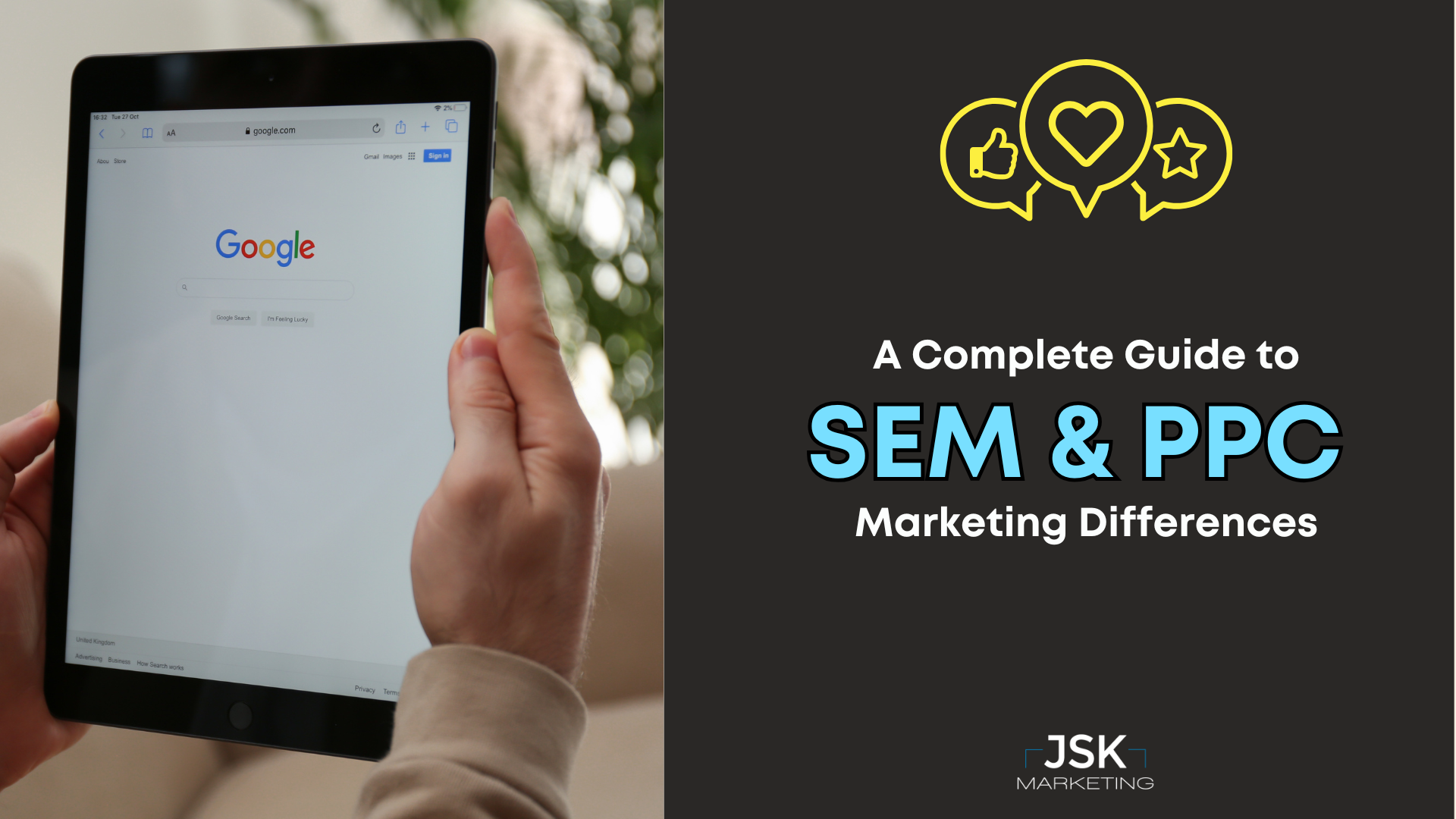
In a recent blog post, we discussed Google’s decision to phase out support for third-party cookies in their Chrome browser by 2023, which will end up affecting two areas for marketers: measurement (conversion tracking) and audience targeting. Third-party cookies have been key in digital marketing over the past several years, but with the recent rise in concern over user privacy, this method of collecting user data is about to change. How can you prepare for a cookie-less future now and position your organization for success before the change occurs?
Understand the Difference Between First- and Third-Party Cookies
Both first and third-party cookies are used to track user behavior. Their purposes are similar, but they are used in different ways.
First-party cookies are stored by the website that you visit and give website owners the ability to collect analytics, data, language settings, and other functions to provide a good user experience.
Third-party cookies, the kind that Google will block, are created by domains that are not the website (third-party server) and are used for online-advertising and retargeting. A third-party cookie is accessible on any website that loads the code.
Move Towards First-Party Data
In order to begin making the necessary changes to your digital marketing strategy, it would be beneficial to take the time to audit your current digital marketing tools to see where you are actually using third-party cookies. The next trend will be focused more on first-party relationships, real people who intentionally choose to share their information with a brand through subscribing to emails, logging into your website, or filling out forms where the data is stored in your CRM software. Real people deliver insights that you can trust which allows for more effective marketing campaigns.
If your current technology cannot perform the same without third-party cookies, it’s time to start finding one that can. Making a shift towards first-party data can ensure you are collecting data that is safe and accurate and will allow you to have full control over what data you collect.
Expand Your Digital Marketing Tools
Aside from collecting more of your own audience data, marketers should consider partnering with trusted companies, such as high-quality first-party data providers or an advertising measurement company. These providers help create trusted relationships with people and keep user privacy a priority, while also measuring the ongoing impact of your marketing campaigns through the platforms you use most.
Contextual marketing is another strategy that allows marketers to target their messages based on content, context, and meaning of the user’s environment instead of relying on data collected by a third-party cookie. This can be achieved through using artificial intelligence to learn how a person is engaging with your brand.
The good news is that you have some time to refocus your marketing strategy and see what works best for your business before third-party cookies are gone for good. JSK Marketing is ready and available to help review and discuss your marketing strategy and help adapt to the many changes in the industry. Contact us today to get started!




